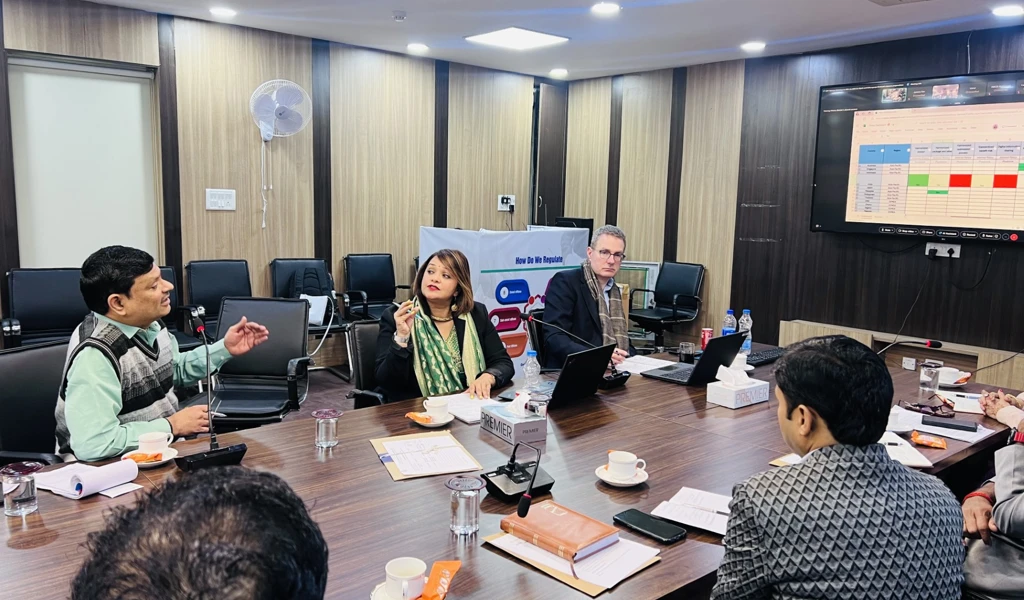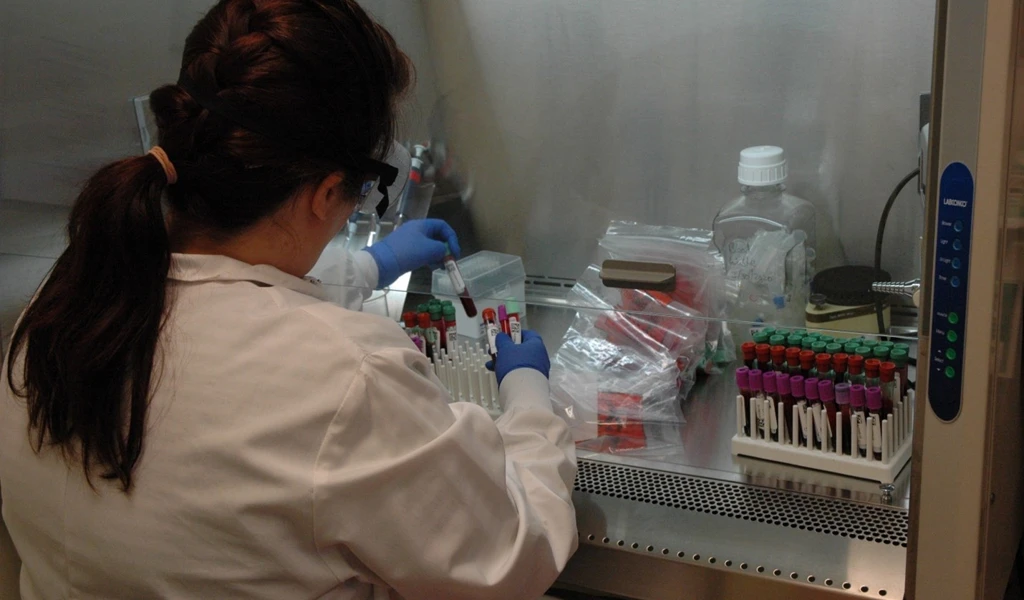The term Chikungunya is derived from Makonde, a language spoken in Tanzania, and means "disease that bends up the joints". It is an apt description.
Chikungunya is an alphavirus that is transmitted by female Aedes mosquitoes and causes fever, severe joint pain, muscle pain, headache, nausea, fatigue and rash. Joint pain is often debilitating and can last for weeks to years.
Chikungunya was first identified in Tanzania in 1952 and has since spread across the world. At first, sporadic outbreaks occurred in Africa and Asia.
Then in 2004 major epidemics were reported in India and on islands in the Indian Ocean. In 2013, major epidemics were reported in Central and South America.
The economic impact of this disabling disease can also be acute. The societal cost of Chikungunya in the Americas alone is estimated to be around $185 billion.
Millions of people have been affected by this disease and, today, over a billion people live in areas where Chikungunya is endemic.
Virus evolution, globalisation, and climate change could further the spread of this debilitating disease, amplifying its already substantial global public-health and economic consequences.
For several years now, the WHO has classed Chikungunya as a major public-health risk. They have stated that Chikungunya should be watched carefully and have encouraged efforts to further understand and mitigate the virus.
Urgent need for a Chikungunya vaccine
Despite the large outbreaks and significant consequences of this disease there is currently no specific antiviral drug treatment for Chikungunya nor are any vaccines currently approved for human use.
CEPI is leveraging existing private-sector investments in potential Chikungunya vaccines candidates to support and accelerate the development of a licenced vaccine and, most importantly, ensure access to such a vaccine for people in low-income countries, where the disease is often endemic.
That's why, in January 2019, CEPI—with support from the European Union's Horizon 2020 programme—announced the launch of a $48 million fund to advance vaccine candidates against Chikungunya, in addition to Rift Valley fever, to develop safe and effective vaccines that would be available to these vulnerable populations.
The first of these investments has just been announced —we will be investing up to $21 million in a phase 3 study of Themis Bioscience's MV-CHIK vaccine candidate. Themis will be co-funding a similar sum towards this study.
CEPI's funding will support activities, including vaccine manufacturing, required to initiate Themis's Phase 3 clinical program and will support the vaccine's pathway to licensure in Europe and North America as well as toward WHO prequalification, which in turn will facilitate the vaccine's licensure in lower and middle income countries. CEPI is committed to ensuring that all the products it supports are available to the populations that need them during outbreaks.
We must rise to the challenge posed by emerging infectious threats like Chikungunya. Vaccine development is complex and difficult, but a safe and effective vaccine against Chikungunya could go a long way toward preventing the suffering caused by this disabling disease and could potentially be useful in limiting or mitigating outbreaks. This would be a substantial accomplishment and well worth the effort and investment.



